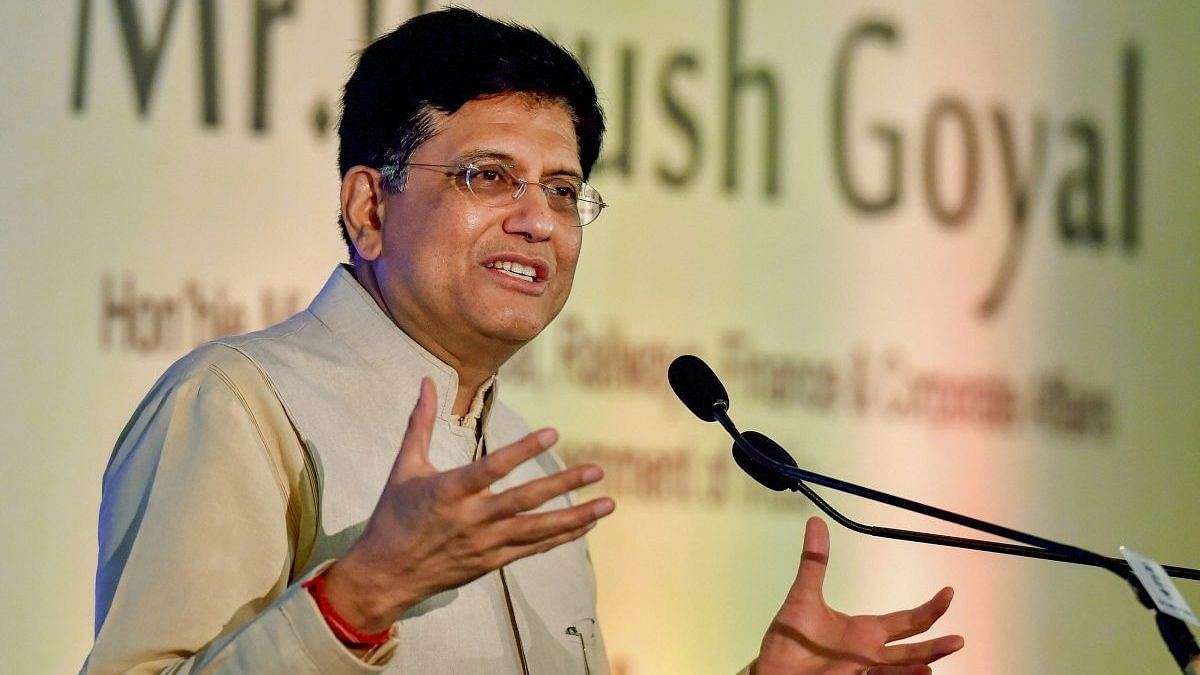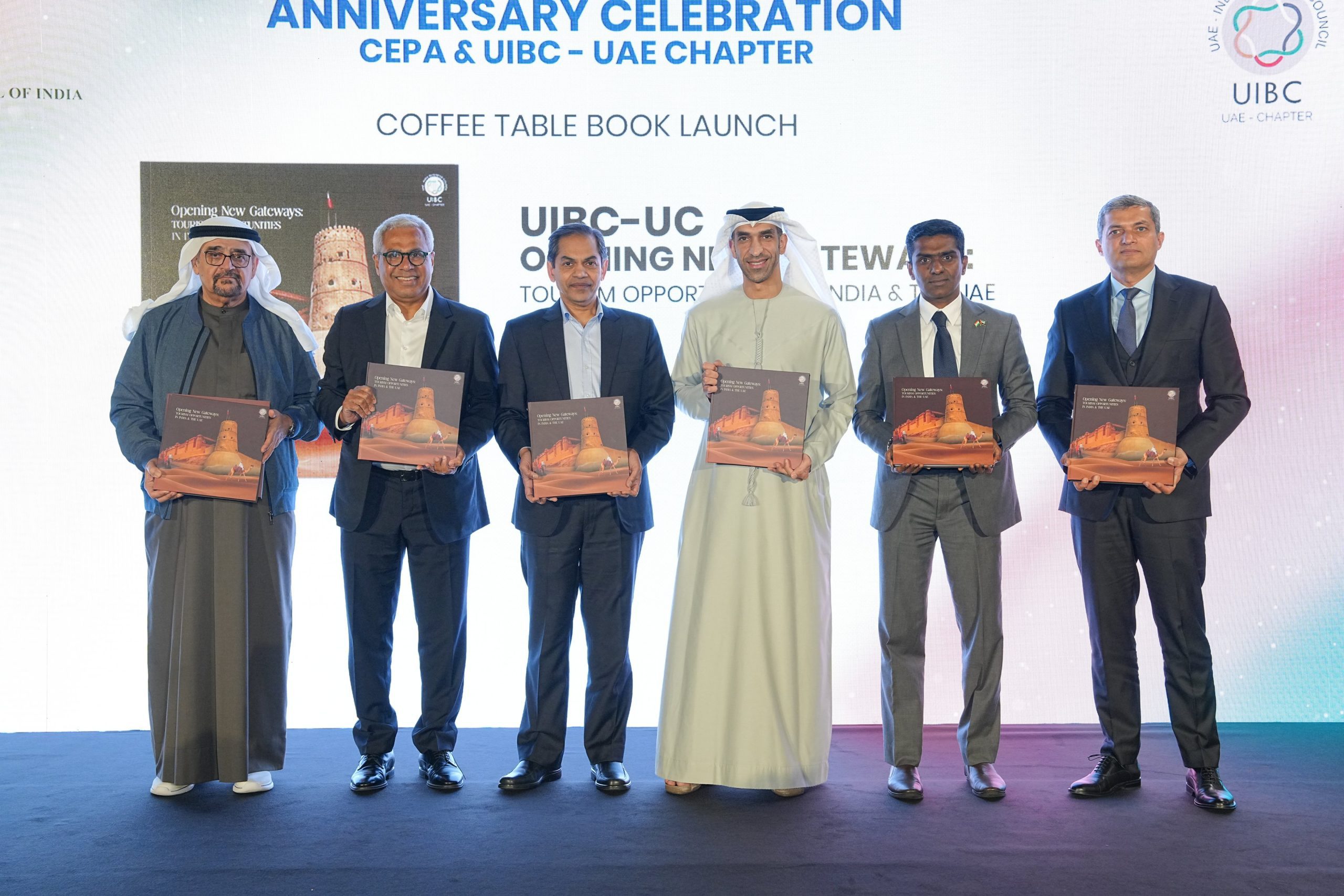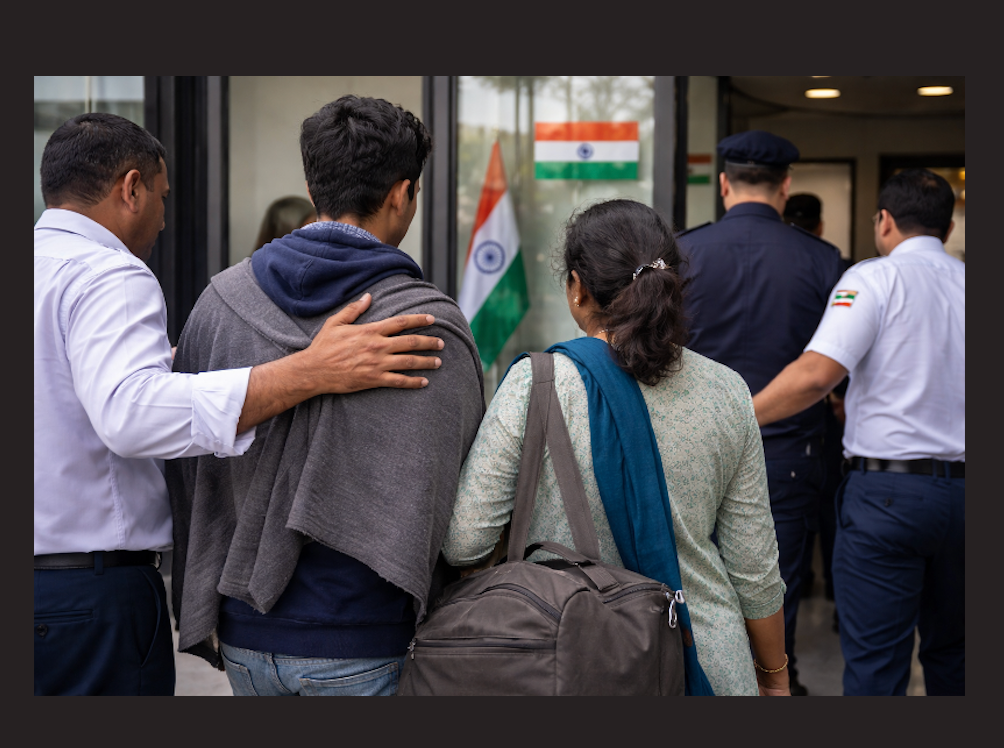Concerns mount over alleged reintroduction of turnover clause in CEPA’s gold TRQ distribution, disadvantaging small jewellers
Jewellers in Ahmedabad have voiced strong objections over what they call a lack of transparency in the allocation of gold import quotas under the India-UAE Comprehensive Economic Partnership Agreement (CEPA) for the financial year 2025–26. The Jewellers’ Association of Ahmedabad (JAA) has formally urged the Directorate General of Foreign Trade (DGFT) to disclose clear eligibility norms for tariff rate quota (TRQ) allotment and to remove the contentious ₹25 crore turnover threshold, which they argue unfairly excludes small businesses, reported timesofindia.indiatimes.com.
Jewellers say the reintroduction of the turnover criterion contradicts CEPA’s goal of broader market participation and benefits only large corporates
Under the current process, applicants — including jewellers, bullion dealers, and gold manufacturers — had to submit turnover data and a non-refundable fee of ₹1 lakh. However, many said they were unaware of any minimum turnover requirement when they applied in February.
“A turnover-based rule that was rescinded in 2023 was quietly brought back, shutting out small players,” report quoted Jigar Soni, president of JAA, as saying. “This goes against CEPA’s intended objective of inclusivity and instead tilts the market towards large corporate houses.”
Local traders like Hardik Choksi from Manek Chowk expressed frustration after investing time and money into their applications, only to be blindsided by hidden criteria.
“I paid the fee, submitted all the documents, but had no idea I needed ₹25 crore in turnover. Now, we’re forced to buy gold at higher rates from big players, eating into our margins,” said Jigar Soni in the report.
A surge in applications has led to stricter approvals, but stakeholders argue that criteria must be clearly communicated to ensure fairness
According to the DGFT, over 3,000 applications were received this year — a 253% increase over last year. Yet, only around 1,400 were approved, with officials reportedly favouring applicants with “considerable business size” and “manufacturing capacity.” This has triggered widespread calls for transparency and accountability in the selection process.
Bhavin Patalia, a chartered accountant who filed over 100 TRQ applications on behalf of clients, quoted as saying: “The turnover clause was officially scrapped last year. If it was being reintroduced, the government should have clearly informed applicants. This ambiguity is unfair and damages trust.”
CEPA and the TRQ System
The India-UAE Comprehensive Economic Partnership Agreement (CEPA), signed in 2022, facilitates duty concessions to boost bilateral trade. Under CEPA, India allows up to 200 metric tonnes of gold to be imported annually from the UAE at a 1% lower duty than the standard rate.
This is administered through a Tariff Rate Quota (TRQ) system, which requires jewellers and bullion dealers to apply for TRQ certificates from the DGFT.
This year, applicants say the allocation process lacked clarity, and previously scrapped eligibility requirements were reimposed without notice.











